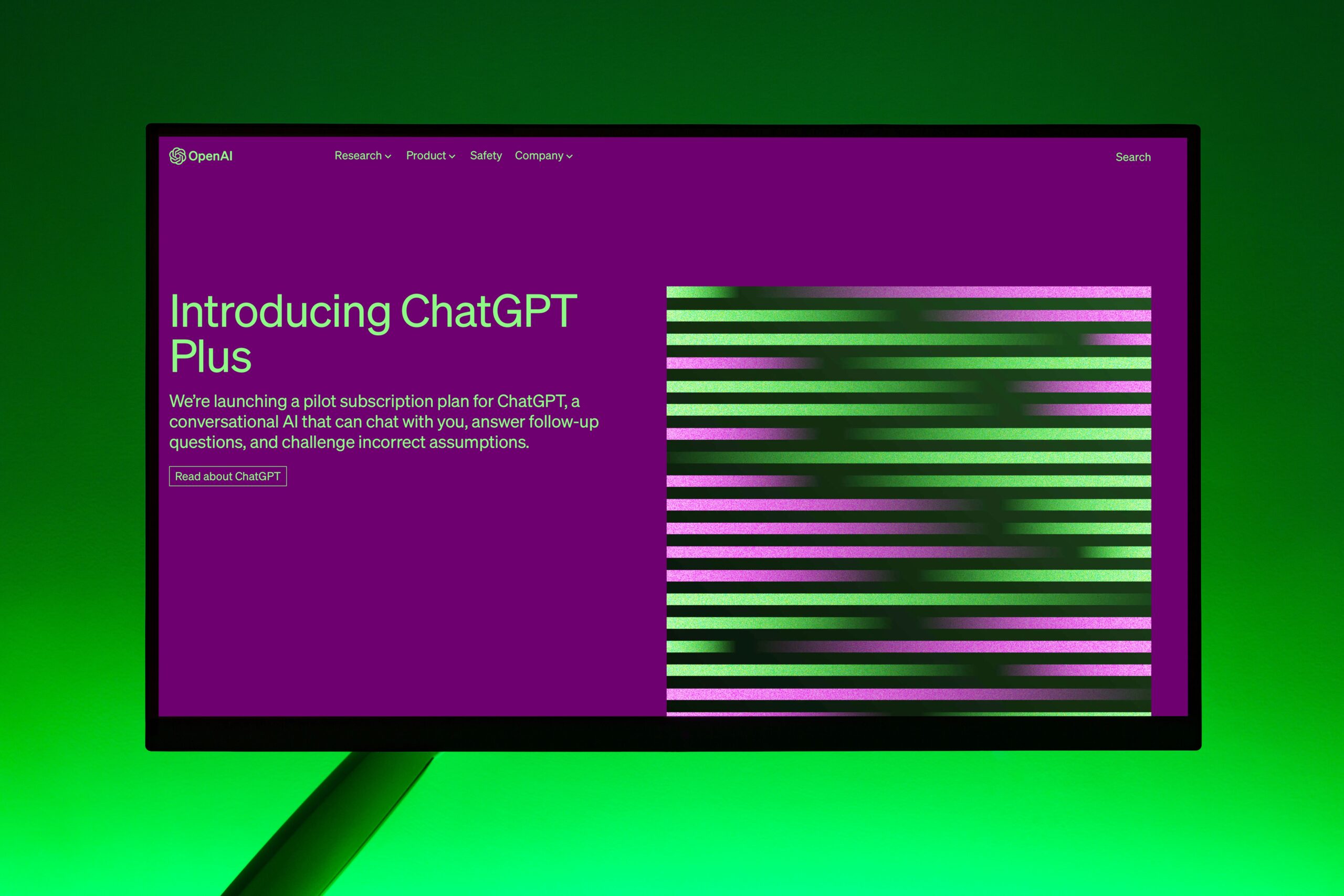How AI is Transforming Remote Work: From Virtual Assistants to Smart Scheduling

Introduction
Remote work is growing fast. Companies and employees love the flexibility. But working from home has challenges. Communication, productivity, and time management can be hard.
Artificial Intelligence (AI) is changing remote work. AI tools help with scheduling, task automation, and even mental health. In this article, we’ll explore how AI makes remote work easier and more efficient.
1. AI-Powered Virtual Assistants
Virtual assistants like ChatGPT, Google Bard, and Microsoft Copilot help remote workers daily.
How They Help:
- Answer Questions Quickly – Need info fast? AI assistants find answers in seconds.
- Draft Emails & Messages – Save time by letting AI write professional emails.
- Summarize Long Documents – AI can read and summarize reports for you.
Popular AI Assistants:
- ChatGPT (OpenAI) – Great for writing and research.
- Google Gemini (formerly Bard) – Connects with Google Workspace.
- Microsoft Copilot – Works inside Microsoft 365 apps.
2. Smart Scheduling with AI
Scheduling meetings across time zones is frustrating. AI tools fix this.
How AI Improves Scheduling:
- Auto-Schedule Meetings – Tools like Clockwise and Reclaim.ai find the best meeting times.
- Time Zone Management – AI detects team members’ time zones to avoid conflicts.
- Smart Calendar Blocking – AI protects focus time by blocking distractions.
Best AI Scheduling Tools:
- Clockwise – Optimizes team calendars automatically.
- Reclaim.ai – Plans tasks and meetings smartly.
- Calendly – Lets others book meetings without back-and-forth emails.
3. AI for Task Automation
Repetitive tasks waste time. AI automates them so you can focus on important work.
Tasks AI Can Automate:
- Data Entry – AI pulls data from emails and forms into spreadsheets.
- Social Media Posting – Tools like Buffer and Hootsuite schedule posts.
- Expense Tracking – Apps like Expensify scan receipts and log expenses.
Top AI Automation Tools:
- Zapier – Connects apps to automate workflows.
- Make (formerly Integromat) – Advanced automation for businesses.
- Notion AI – Helps organize notes and tasks automatically.
4. AI in Communication & Collaboration
Remote teams need clear communication. AI makes it smoother.
How AI Enhances Communication:
- Real-Time Translation – Tools like Otter.ai transcribe meetings in multiple languages.
- Grammar & Tone Checks – Grammarly improves emails and messages.
- Meeting Summaries – AI tools like Fireflies.ai take notes and highlight key points.
Best AI Communication Tools:
- Grammarly – Fixes writing mistakes instantly.
- Otter.ai – Records and transcribes meetings.
- Fireflies.ai – Joins calls and takes notes for you.
5. AI for Productivity & Focus
Staying productive at home is hard. AI helps by reducing distractions.
How AI Boosts Productivity:
- Focus Mode Apps – Tools like Freedom block distracting websites.
- Smart To-Do Lists – AI apps like Motion prioritize tasks.
- Personalized Work Tips – AI learns your habits and suggests improvements.
Top AI Productivity Tools:
- Motion – Plans your day based on priorities.
- Freedom – Blocks social media during work hours.
- RescueTime – Tracks time and suggests productivity tips.
6. AI for Cybersecurity in Remote Work
Remote work increases cyber risks. AI helps protect data.
How AI Improves Security:
- Detects Phishing Emails – AI scans emails for scams.
- Monitors Unusual Activity – AI spots hackers trying to access accounts.
- Automates Password Updates – AI suggests strong passwords and stores them securely.
Best AI Security Tools:
- Darktrace – Uses AI to stop cyber threats.
- LastPass – Manages passwords with AI-powered security.
- Trellix (formerly McAfee Enterprise) – AI-driven threat detection.
7. AI for Employee Wellbeing & Mental Health
Working alone can be stressful. AI supports mental health.
How AI Helps Wellbeing:
- Chatbots for Therapy – Apps like Woebot offer mental health support.
- Stress Detection – AI tools analyze typing patterns to detect burnout.
- Wellness Recommendations – AI suggests breaks and exercises.
Top AI Wellbeing Tools:
- Woebot – AI chatbot for mental health.
- Moodfit – Tracks mood and gives coping tips.
- Headspace for Work – AI-powered meditation guides.
8. The Future of AI in Remote Work
AI will keep evolving. Here’s what to expect:
Future AI Trends:
- Hyper-Personalized Work Assistants – AI will learn your work style deeply.
- AI-Generated Virtual Offices – VR meetings with AI-powered avatars.
- Predictive Workflows – AI will predict tasks before you start them.
Conclusion
AI is transforming remote work. It helps with scheduling, automation, security, and even mental health. Companies using AI tools save time and work smarter.
The future of remote work will rely even more on AI. Teams that embrace AI early will stay ahead.
Which AI tool do you use for remote work? Share in the comments! 🚀



